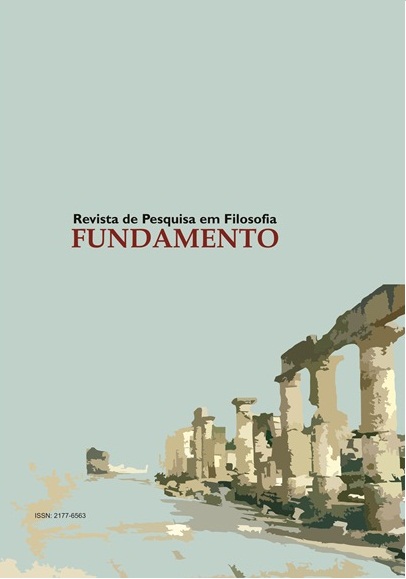A educação pela amizade e para a justiça na ética das virtudes a partir de Aristóteles e Spinoza
Resumo
Virtue ethics shows us that the development of moral discourse allows the dialogue between the most diverse philosophical currents that dealt with the theme. The research proposed in this paper, following Aristotle and Spinoza, focuses on two tasks: describing the nature of this teleological assessment capability and explaining how it can be acquired by an individual, insofar it is the most important aim of education. In our route, three central problems are highlighted: (1) whether teleological evaluation should be considered an exclusively rational activity; (2) how teleological evaluation may encompass justice, or obligations to each other; and (3) what is the role of friendship in the process of forming teleological assessment capacity. Aristotle and Spinoza lead us in this research and present us two models of ethical men, the expeditious man and the free man. Therefore, by comparing the ethics of both philosophers we find that only in moral action does man walk to his fullness, his end, his happiness, but in both cases virtue proves to be the desirable path, emulated by the respective models of virtuous man.


.jpg)
